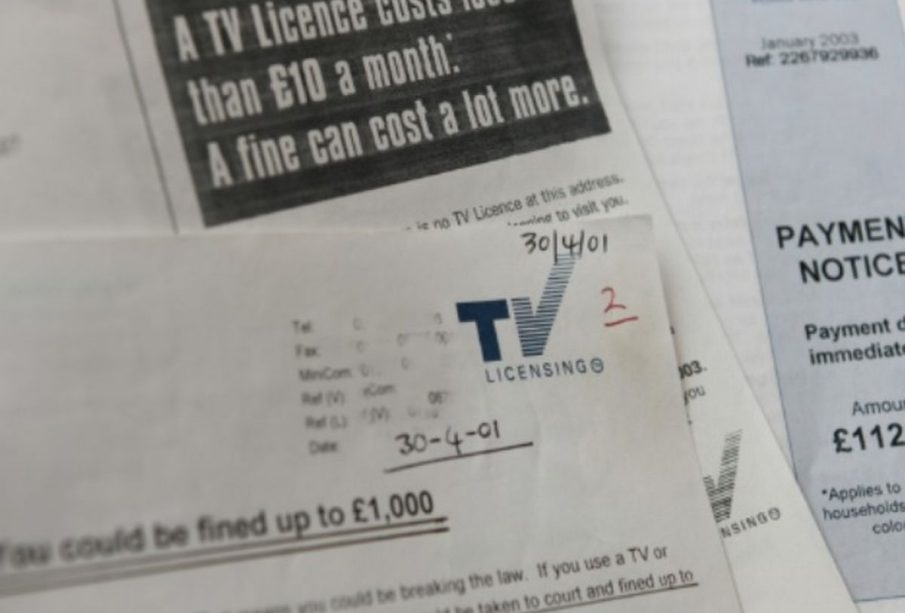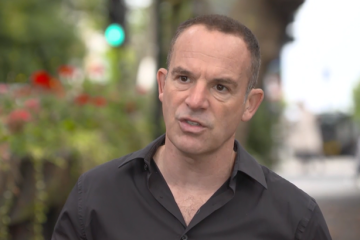Understanding TV Licence Fees for Pensioners

Introduction
TV licence fees have long been a subject of discussion in the UK, particularly regarding how they affect various demographics, including pensioners. With the rising cost of living, understanding the potential exemptions available for elderly citizens is crucial. Recent discussions around changes to TV licence regulations have placed renewed focus on whether pensioners should continue to be required to pay for their TV licences.
The Current Situation
As of 2023, individuals aged over 75 are entitled to a free TV licence, provided they meet specific criteria. However, this exemption came into force after significant scrutiny of the BBC’s funding model when the corporation announced it would start charging over 75s a fee. Many pensioners have voiced concerns regarding the implications of these charges, especially those on fixed incomes.
In 2020, the BBC started enforcing the payment of the licence fee for those over 75 who do not receive pension credit, despite widespread public opposition. Consequently, this move has led to a decline in licence fee renewals among pensioners. According to the BBC, approximately 1.5 million pensioners lost their free licence, provoking outrage and necessitating dialogue about the future of TV licence funding.
Recent Developments
In October 2023, discussions were reignited in Parliament concerning the potential for revising the current policy on licence fees. Various MPs have called for reinstating free licences to all pensioners, arguing it is essential for supporting elderly citizens and acknowledging their contribution to society. Among those advocating for change is Age UK, an organisation that supports the interests of older people, which stated that the removal of free licences for over 75s was detrimental to many.
Financial Implications
The current cost of a TV licence stands at £159 for a standard colour licence, with many older adults struggling to afford this payment without compromising their essential living expenses. Many argue that public broadcasting should be funded via general taxation rather than licence fees, especially given the ongoing financial pressures faced by pensioners.
Conclusion
The debate surrounding the TV licence fee for pensioners is increasingly relevant as financial pressures mount on this demographic. With calls for policy changes gaining momentum, there is hope that a more supportive approach may emerge. As we move forward, it will be vital for the BBC and lawmakers to consider the impact of licence fees on elderly citizens and to potentially reform the system to ensure that public broadcasting remains accessible to all, regardless of age.








